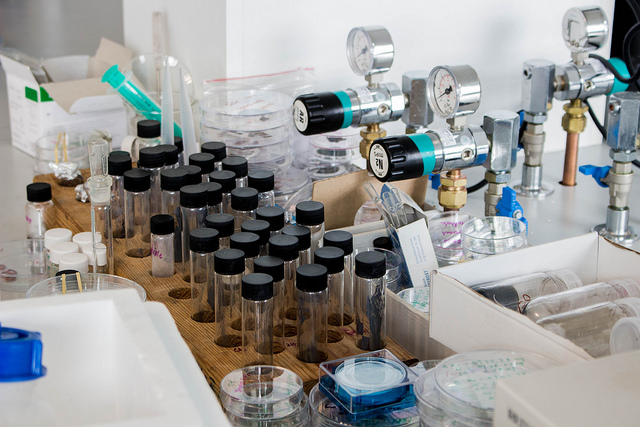Researchers at Queen Mary University of London, in collaboration with scientists at Trinity, have found that patients with cardiovascular disease have decreased levels of important protective molecules in their blood in the morning, which may increase their risk of blood clots or heart attack at those times.
The molecules of interest, known as specialised pro-resolving mediators, are derivatives of omega-3 fatty acids – the same as those found in fish oils – and are important in controlling the activity of white blood cells and platelets – the body’s clotting agents – during inflammation.
Recently, interest in the area of “clock biology” has flourished, with the Nobel Prize having been awarded in the field last year for the early work done in the area.
It is now understood that the immune system, along with several other proteins and genes in the body, obey an internal biological clock following a 24-hour circadian rhythm. This means that several biological processes are differentially regulated throughout the day – with potential far-reaching impacts on how our body copes with disease.
The team found that specialised pro-resolving mediators levels in healthy individuals increased during the early hours of the morning and helped regulate the increase in immune cell activation that occurs in response to increased heart rate observed during the waking period.
In people with cardiovascular disease the production of these molecules is significantly impaired, resulting in a marked increase in immune cell activation and formation of cellular clusters, culminating in an increased risk of clot formation and inflammation of the blood vessel.
In a press release, lead author of the study, Dr Jesmond Dalli, from Queen Mary’s William Harvey Research Institute, said: “For people with heart disease, in the morning just before getting out of bed, an increase in heart rate together with other changes in the bloodstream, results in an activation of cells in the blood stream. This leads to the formation of small clots which may lead to blockage of the blood vessels resulting in heart attack or stroke.”
“We were surprised to discover that a small group of molecules from an essential fatty acid, previously thought not to have any clinical importance, actually appears to control this vital cell activation process”, he said.
When the researchers replenished the levels of specialised pro-resolving mediators in mice and in individuals with cardiovascular disease, they found they could improve the regulation of these cells, thus opening up new therapies for the prevention of heart attacks and strokes.







